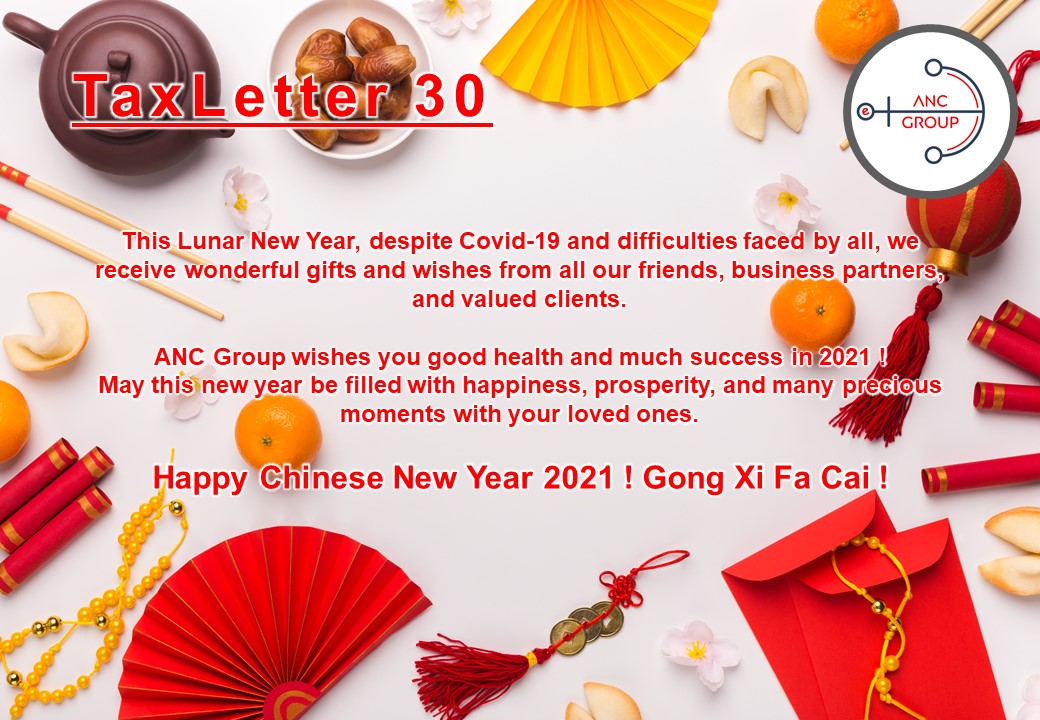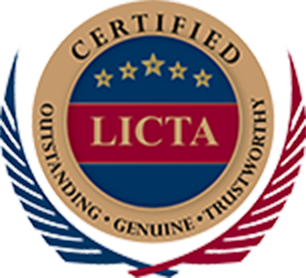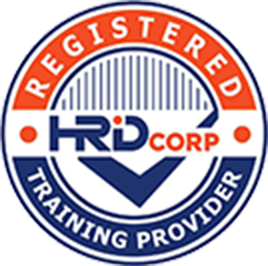e-Invoicing: Cosolidated e-Invoice for Buyers

-
What happens if a buyer does not request an e-Invoice?
If the buyer does not require an e-Invoice, the supplier will issue a standard receipt following current business practices. These receipts do not need to be submitted to the Inland Revenue Board of Malaysia (IRBM) for validation, as they are not classified as e-Invoices.
-
Can suppliers consolidate transactions for buyers who don’t require e-Invoices?
Yes, suppliers can aggregate such transactions on a monthly basis and submit a consolidated e-Invoice to IRBM. The submission must occur within seven calendar days after the end of the month. -
What methods can suppliers use for consolidating e-Invoices?
Suppliers can choose from the following methods:
-
- The summary of each receipt is presented as separate line items in the consolidated e-Invoice (refer Figure 3.7 of Example 4):

Figure 3.7 Example of visual representation of validated consolidated e-Invoice in PDF format - The list of receipts (in a continuous receipt number) is presented as line items (i.e., where there is a break of the receipt number chain, the next chain shall be included as a new line item) (refer to Figure 3.3 of Example 2).

Figure 3.3 – Example of visual representation of validated consolidated e-Invoice in PDF format - Branch(es) or location(s) to submit consolidated e-Invoice, adopting either (a) or (b) above for the receipts issued by the branch(es) or location(s).
- The summary of each receipt is presented as separate line items in the consolidated e-Invoice (refer Figure 3.7 of Example 4):
-
Are there any submission limitations for consolidated e-Invoices?
Yes, the IRBM imposes the following limitations to enhance MyInvois System performance:
-
- A maximum submission size of 5MB.
- A maximum of 100 e-Invoices per submission.
- A maximum size of 300KB per individual e-Invoice.
Suppliers can split receipts into multiple consolidated e-Invoices to comply with these limitations.
-
Are there transactions where consolidated e-Invoices are not allowed?
Yes, certain transactions require individual e-Invoices for every transaction instead of consolidation. Taxpayers engaging in these transactions must issue an e-Invoice for each buyer without exceptions.
Currently, the activities or transactions of industries where e-Invoice is required to be issued for each transaction are as follows:
| 否 | Industry | Types of Activities |
| 1 | Automotive | Sale of any motor vehicle |
| 2 | Aviation | Sale of flight ticket and private charter |
| 3 | Luxury Goods and Jewelry | Details will be released in due course
Taxpayers are allowed to issue consolidated e-Invoice until further notice |
| 4 | Construction | Construction contractor undertaking construction contract, as defined in the Income Tax (Construction Contracts) Regulations 2007 |
| 5 | Wholesalers and Retailers of Construction Materials | Sale of construction materials, regardless of volume sold.
Construction material as specified under the Fourth Schedule of Lembaga Pembangunan Industri Pembinaan Malaysia Act 1994 |
| 6 | Licensed Betting and Gaming | Pay-out to winners for all betting and gaming activities |
| 7 | Payment to Agents / Dealers / Distributors | Payments made to agents, dealers or distributors. |
-
Is consolidation applicable to self-billed e-Invoice?
-
- Transactions involving individuals not conducting a business.
- Interest payments to the general public, including businesses and individuals.
-
Insurance-related claims, compensations, or benefit payments to individuals not conducting a business.
-
What is the deadline for submitting monthly consolidated e-Invoices / consolidated self-billed e-Invoices?
The deadline for submitting monthly consolidated e-Invoices and consolidated self-billed e-Invoices is the same: within seven (7) calendar days after the end of each month. -
Is there a way to better understand the mechanism, implementation, Tax Identification Number (TIN) for e-Invoice?
Yes, you can gain further insights into the e-Invoice mechanism and workflow by referring to the official guidelines published by the Inland Revenue Board of Malaysia (IRBM).
-
-
- Download e-Invoice Guideline Version 4.0 (published on 04 October 2024)
- Download e-Invoice Specific Guideline Version 3.1 (published on 04 October 2024)
- View e-Invoice Illustration Guide (Updated on 11 September 2024)
-
You may also consider attending e-Invoice training courses for detailed guidance.
For more information or to register, please visit the contact link below: ANCGroup_E-Invoice Courses Contact.
ANC Group – Your Personal Tax Advisor
Tax consulting is the core service of ANC Group. Our tax professionals provide clients with comprehensive tax support and guidance. We offer tax consulting and compliance services for expatriates, entrepreneurs, and listed and non-listed companies.
Our tax consulting services include business tax, transaction tax, personal tax, and corporate income tax. We don’t just guide you in interpreting and applying complicated taxation rules, but to explore new opportunities and business trends.
ANC Group keep you abreast with Malaysia tax updates and any changes in the local regulations.
We work closely with industry specialists, authorities, and associated professionals within ANC Group to provide the best-in-class integrated tax planning solutions. ANC specialists coordinate the accounting and taxation services to bring your business to success.
[vc_btn title=”Get a Quote” color=”orange” size=”lg” link=”url:%23Footer|title:Footer||” el_id=”buttonGetQuoteTaxService”]









